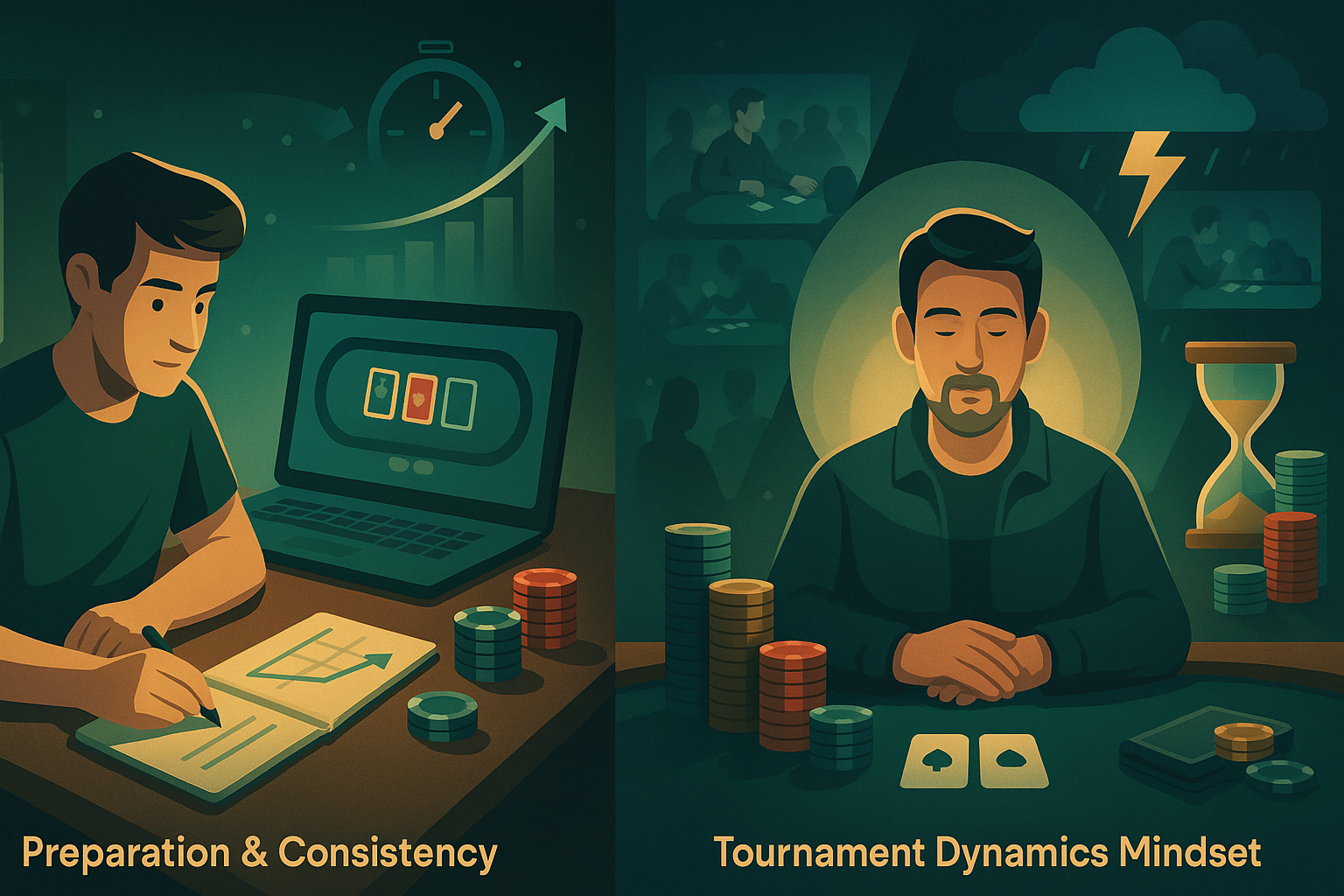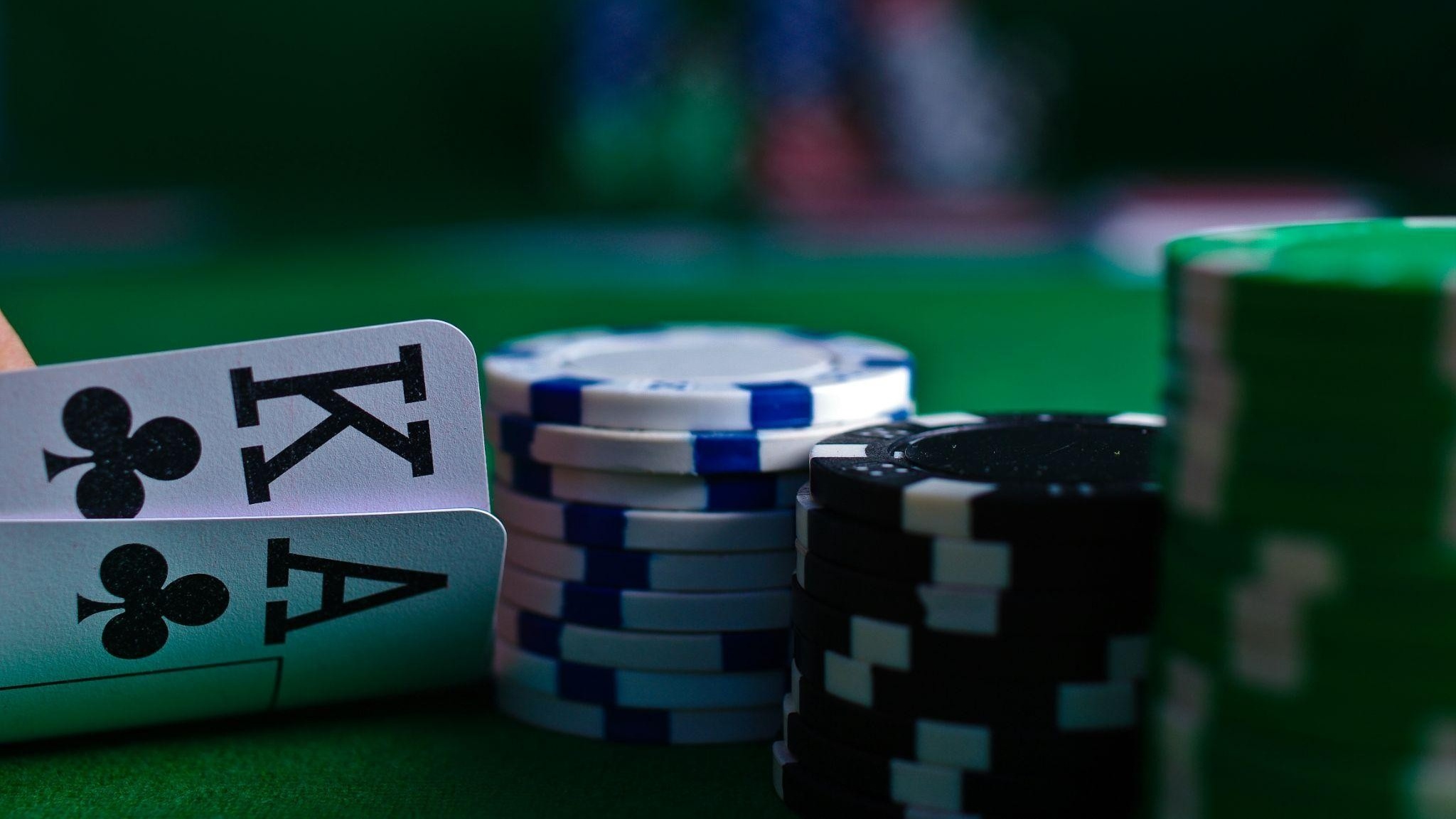Photo by Michał Parzuchowski on Unsplash
Education Through the Surrounding Environments
An example of how to measure preparedness is through the manner in which you cope with diverse playing conditions. Playing with friends is not the same as a tournament, but both will provide you with practice in reading people, making decisions under pressure, and stack management.
Most players nowadays also test the waters with digital platforms prior to sitting at a live table. The newest sites provide the possibility to play in rooms with a rapid pace, where users can enjoy diverse poker formats, benefit from fast payouts, receive added value through generous bonuses, and monitor their progress as skillful poker players over time. These experiences do not substitute live tournaments, but they create familiarity and confidence in scenarios that replicate actual competition.
Consistency in Your Results
It is natural to win and lose hands, but it is more important to be consistent than to win once. One of the indicators that you are prepared for tournaments is the ability to sustain a consistent performance over time. This does not imply that you never lose, but it is just that you do not make careless bets and you control your bankroll. When you realize that you can consistently perform well in small-stakes games, that consistency usually carries over to the more challenging and lengthy tournaments.
Knowing How Tournaments Work
Cash games are not tournaments. The form, the levels of blindness, and the development all require another way of thinking. As an example, during the initial rounds, patience is rewarded, but as the blinds rise, you will have to make calculated risks. Successful players in tournaments have usually trained these changes of strategy. When you are able to adjust to the changes in the table dynamics without being pressured to make poor choices, then you are probably prepared to face the challenge of a competitive environment.

Handling Pressure and Focus
The other sign of preparedness is the ability to control your emotions. Tournaments may take hours, and being able to remain focused during the entire time is as important as the moves you make on a particular hand. When you discover that you do not tilt easily after a loss, or that you can wait patiently until you get good opportunities, you possess the mental strength required. The pressure of the game tends to isolate those players who like the experience and those who are overwhelmed by it.
Developing Confidence by Studying
Preparation is not only about playing. A lot of tournament players who have been successful take time to study strategy, be it by reading hand histories, learning the mathematics of pot odds, or learning new position play techniques. Another indicator that you are on the right track is when you already have a habit of studying to improve your game. It demonstrates that you are not just following your gut, but you are building a better comprehension of the mechanics that lead to long-term success.
Being Aware of Your Limits and Objectives
Lastly, being prepared means knowing your skills and what you want from the experience. Some enter tournaments for fun and growth, others to build a record. Clear goals help you choose events that match your level, making the experience constructive and rewarding.




